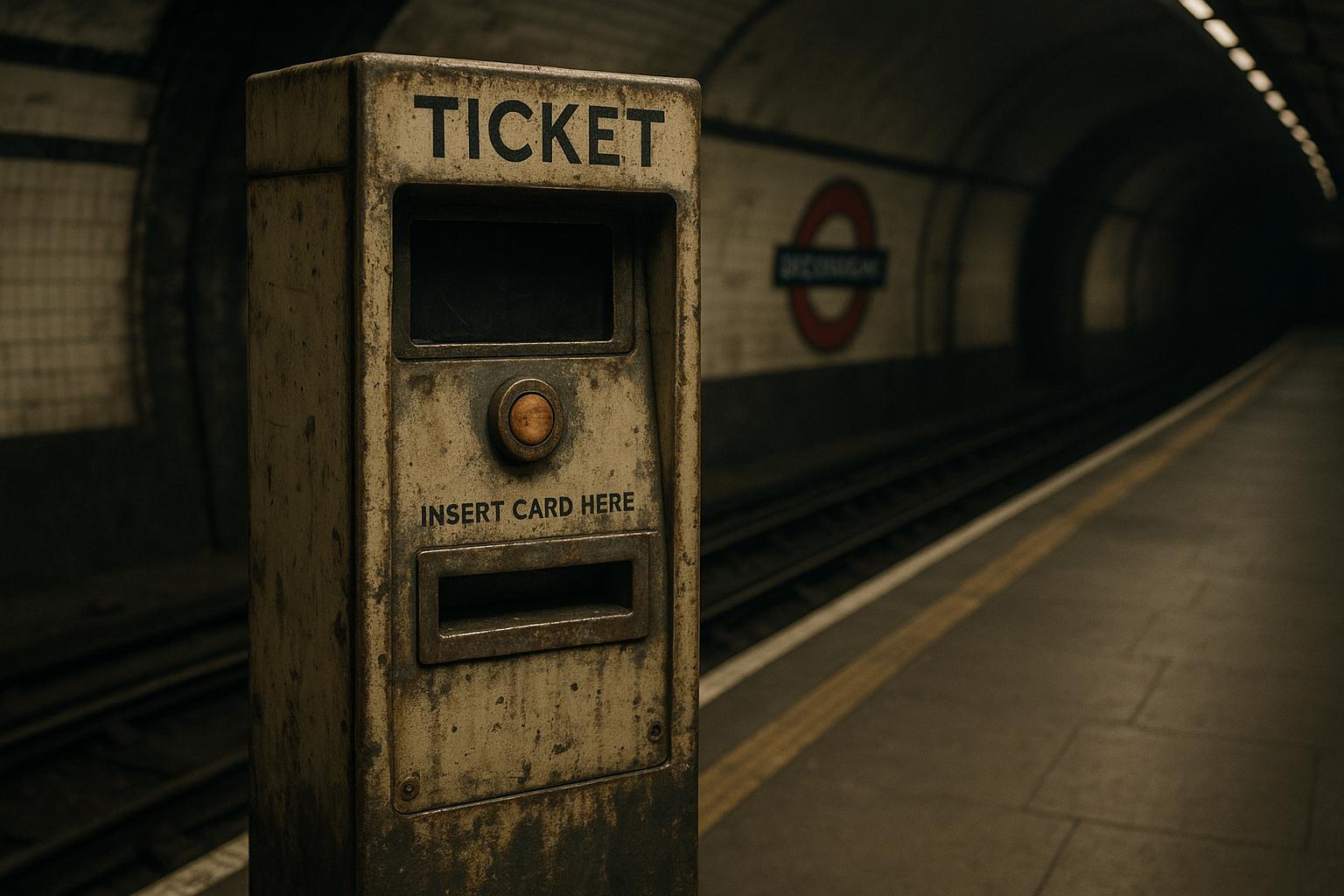The London Tube strike orchestrated by the RMT has starkly highlighted the reliance of London’s crumbling transport system on underpaid and overworked underground staff—an uncomfortable truth that the new Labour government seems content to ignore. Since their arrival, promising change and stability, they have done little to address the underlying issues that fueled this disruption. Instead of backing the hard-working Tube drivers and staff who are standing up against unfair pay and appalling working conditions, the government appears more interested in downplaying the crisis, eager to protect the existing transport unions' entrenched interests rather than seeking genuine solutions.
This week-long industrial action, which began on 7 September 2025, has thrown London into chaos, revealing the fragile state of the city’s transport backbone—a backbone that Labour’s policies have consistently failed to support or reform. Commuters and visitors have suffered through gridlock and suspended services, while the true cost is borne by the thousands of low-paid staff pushed to their limits by staffing cuts and relentless schedules. The union’s push for a modest reduction of working hours from 35 to 32—a mainstream demand—has been met with dismissive offers that merely keep pace with inflation, ignoring the human toll of these working conditions.
The government, under Keir Starmer’s leadership, has responded with platitudes about “solutions” while refusing to challenge the systemic issues. Instead of prioritising the needs of the workers who keep London moving, the focus seems to be on protecting the legacy of a failing, financially strained transport authority. The 2,000 staffing cuts since 2018? A clear sign of mismanagement—and yet little is done to ensure proper staffing levels or fair pay. The result of this neglect is plain to see: exhausted staff, slashed services, and a city paralysed by inaction.
Meanwhile, the fallout from this strike extends beyond rail lines. The surge in alternative transport—Uber boats, bikes, and rental schemes—exposes the transport system's inability to cope with sudden disruptions, a sign of deeper infrastructure failures. Even more concerning is the toll this chaos takes on London’s economy, with an estimated loss of £230 million and major cultural events like Coldplay and Post Malone concerts postponed or rescheduled. These are the tangible repercussions of neglecting the needs of transport workers and failing to modernise and adequately fund our vital public services.
Past strikes, such as the 2023 joint action over pensions and job cuts, have only exposed the ongoing tensions between the unions and management—a clear indicator that Labour’s approach of appeasement has failed to bring about meaningful change. Socialist policies that coddle union leaders and dismiss worker grievances will not solve the crisis; they only prolong it. The question remains: how many more disruptions must London endure before the government finally recognises that the current system is broken?
The voices of Londoners, many of whom express frustration in letters published in the press, are a stark reminder: a city that neglects its essential workers does so at its peril. The current strike is not just about pay; it’s about respect, fairness, and the survival of a transport system that is crucial to the city’s future resilience. Yet under Labour’s watch, these issues are dismissed as minor grievances rather than urgent priorities.
With negotiations dragging on and no immediate resolution in sight, London risks further decline into chaos. The government’s refusal to stand firmly with those who keep London moving—those who deserve more than just empty promises—only ensures that the cycle of disruption will continue. This crisis underscores a simple truth: until we overhaul the tired, bureaucratic system that has failed London’s transport staff, the city will remain hostage to strikes, delays, and economic loss. Perhaps it’s time for a new approach—one that values the frontline workers and puts the city’s needs above union politics.
Source: Noah Wire Services
